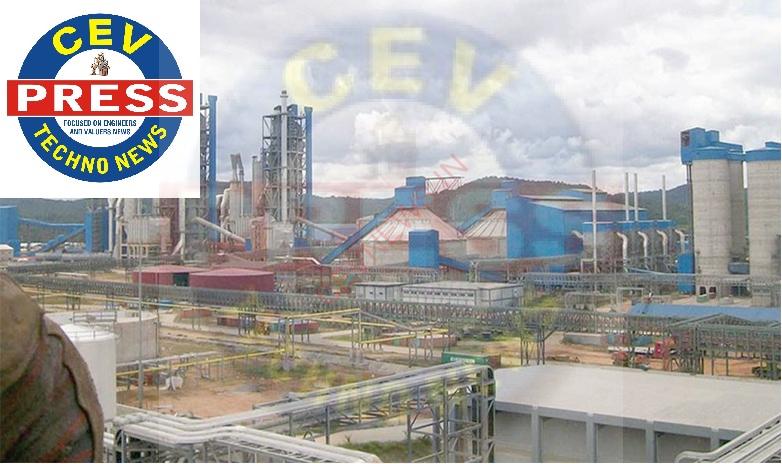ASSESSING DEPRECIATION AND MARKET VALUE: RESPONSIBILITIES OF A PLANT AND MACHINERY VALUER
Assessing the depreciation and market value of plant and machinery is a crucial task that falls under the responsibilities of a plant and machinery valuer. These professionals play a pivotal role in determining the worth of industrial assets, helping businesses make informed decisions regarding investments, sales, and financial reporting. Here, we delve into the key points regarding the responsibilities of a plant and machinery valuer in assessing depreciation and market value.
Understanding Depreciation:
Depreciation refers to the decrease in the value of an asset over time due to factors such as wear and tear, obsolescence, and usage. Plant and machinery valuers must have a comprehensive understanding of different depreciation methods, including straight-line depreciation, declining balance method, and units of production method. By applying the appropriate depreciation method, valuers can accurately estimate the current value of assets based on their remaining useful life.
Factors Influencing Depreciation:
Several factors influence the rate of depreciation for plant and machinery, including the asset’s age, maintenance history, technological advancements, and market demand. Valuers must carefully evaluate these factors to determine the depreciation rate and adjust the asset’s value accordingly. Additionally, economic conditions and industry trends can also impact depreciation rates, making it essential for valuers to stay updated on market dynamics.
Assessment of Market Value:
Market value represents the price at which an asset would trade in the open market between a willing buyer and a willing seller. Plant and machinery valuers employ various valuation approaches, such as the cost approach, income approach, and market approach, to determine the market value of assets. These approaches involve analyzing factors such as replacement cost, income potential, comparable sales data, and market conditions to arrive at a fair and accurate valuation.
Specialized Knowledge and Expertise:
Valuing plant and machinery requires specialized knowledge and expertise in engineering, finance, accounting, and market analysis. Plant and machinery valuers must possess a deep understanding of industrial processes, equipment specifications, and valuation methodologies to perform their duties effectively. Continuous professional development and staying abreast of industry advancements are essential for enhancing valuation skills and staying competitive in the field.
Compliance and Regulatory Standards:
Plant and machinery valuers must adhere to regulatory standards and professional guidelines governing valuation practices. Compliance with international valuation standards, accounting principles, and industry regulations ensures the accuracy, reliability, and credibility of valuation reports. Valuers must also maintain transparency and integrity throughout the valuation process to uphold ethical standards and client trust.
Risk Management and Due Diligence:
Assessing depreciation and market value involves inherent risks, such as inaccurate data, valuation errors, and unforeseen market fluctuations. Plant and machinery valuers must conduct thorough due diligence, including site inspections, data verification, and risk assessment, to mitigate potential risks and ensure the validity of valuation conclusions. By employing robust risk management practices, valuers can enhance the reliability and accuracy of their valuation reports.
Assessing depreciation and market value is a multifaceted process that requires specialized skills, knowledge, and expertise. Plant and machinery valuers play a critical role in determining the worth of industrial assets, providing invaluable insights to stakeholders for decision-making purposes. By understanding depreciation factors, employing appropriate valuation methodologies, and adhering to regulatory standards, valuers can deliver accurate and reliable valuation outcomes, thereby facilitating informed business decisions and ensuring financial transparency.


